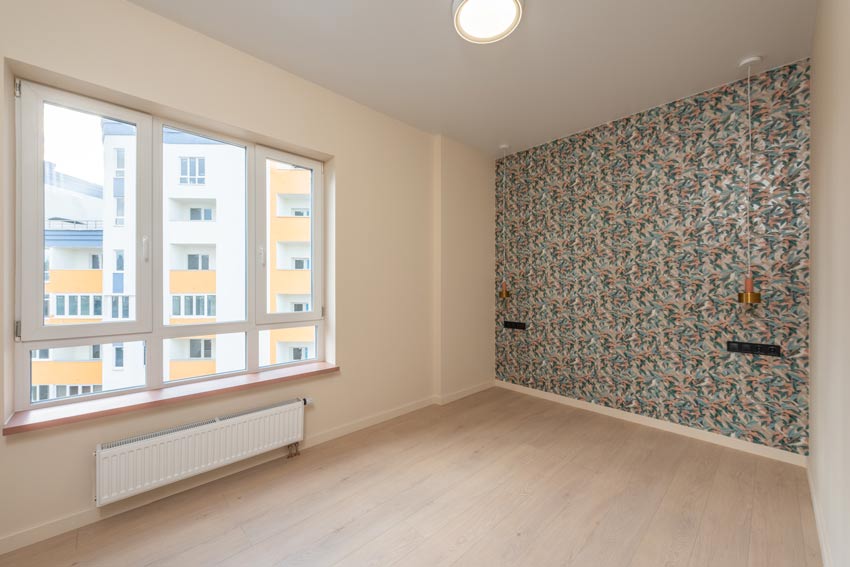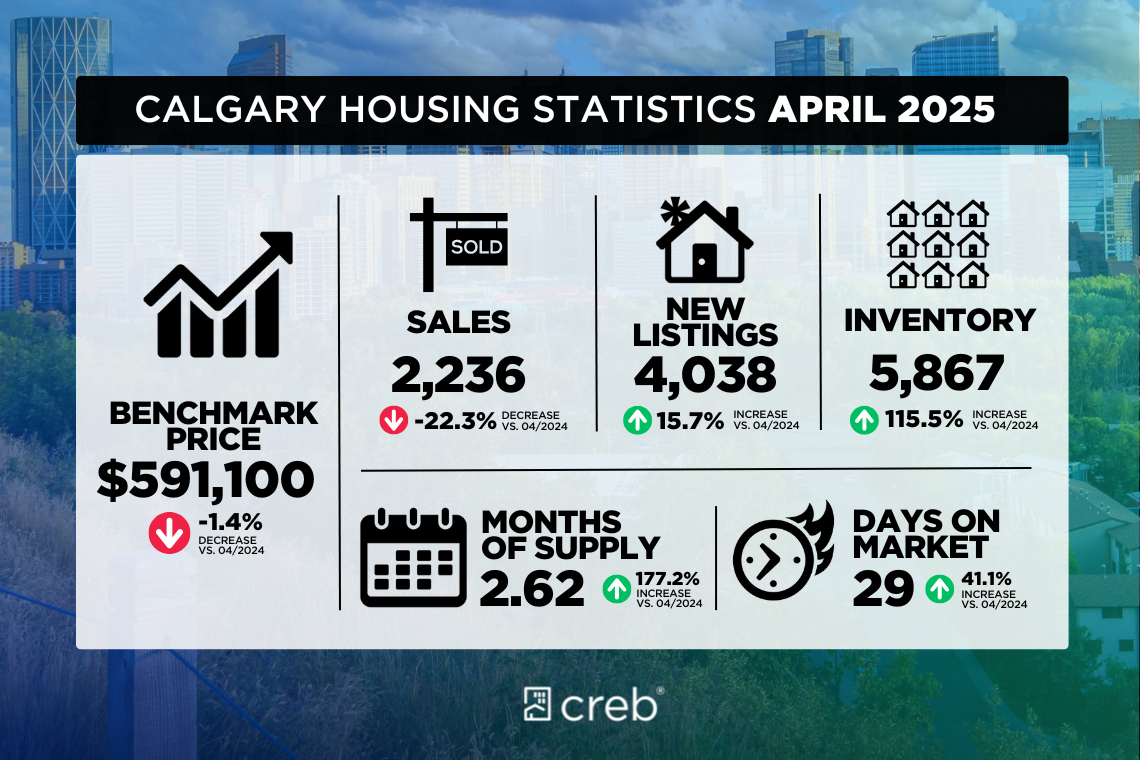Condominiums (condos for short) are a great option for people who do not want to be tied down to a house. The Canada Mortgage and Housing Corporation (CMHC) describes condos as a growing interest due to a shortage of rental accommodations, low mortgage rates, and urban core renewal. First-time buyers should be aware that condos operate on a different set of rules compared to homes, however.
For anyone who is new to condos, condominiums consist of two parts: units and common elements. Units are private dwellings, much like apartments. Common elements are areas shared amongst individual unit owners, including the lobby, hallways, elevators, walkways, and so on.
Before purchasing, it’s imperative you consult a REALTOR® beforehand to evaluate the condition of the property, answer burning questions, and regulations as condo rules operate on different municipal laws.
Now, if you have your heart set on a condo, here are some important tips to review before purchasing a condo.

Thinking about moving to Airdrie? Take our community quiz to see which neighborhood suits you best!
How’s Your Financing Condition?
Before you start your condo shopping, set up an appointment with your bank to see how much mortgage you can afford. Your financial advisor will assess your total monthly housing costs, condo fee, property taxes, PMI (if applicable), and the principal and interest payments on your mortgage loan.
Talk to your financial advisor about how much is needed to cover extra expenses such as down payment, moving costs, closing expenses, land transfer taxes, and lawyer fees. It is better to do this early on in the stages and get pre-approved than to do it later.
While banks check your financial standing, prudent buyers should request financial statements from developers they are interested in. Developers are legally obligated to show these upon request, so check for expenses such as reserve funds, insurance, maintenance and repairs, and management services to name a few.
Research the developer’s history. Examine how many projects they have done in the past and for how long, the conditions of the buildings, and turnover rates. Based on the evidence, you can generally tell if these developers are responsible or not.

The Lifestyle You Want
The condo life is appealing for people who enjoy a low-maintenance lifestyle. If you find snow removal, lawn maintenance, and any other type of upkeep an inconvenience, there are people to take care of that.
But that is also the catch with condominiums. Unit owners must pay a monthly condo association fee. These fees go to a property management company selected by the approved board of directors (other unit owners). The property managers are the ones in charge of general upkeep around the vicinity and any issues in your home like heating or broken fixtures.
You will also have to consider other factors like do you prefer somewhere quieter or community-focused? Since you’ll be sharing the common elements, expect to see your neighbors and other unit owners in your building a lot. Depending on how the condo was built, you may hear the sound of neighbors leaving for their early commute or noises from upstairs (just like in the movies so get your broomsticks ready) so if that isn’t an issue, condos could work out in your favor.
Review Condo Policies
Each condo operates on a different set of rules, depending on the province and Homeowner Associations (HOA). Review association rules with a real estate agent or lawyer to see the terms and conditions that are expected. This includes the number of occupants per unit, noise, parking, amenities, and if pets are allowed.
Many condos have strict rules about altering appearances such as paint and door colors to keep architectural integrity or communal aspects. You will also need the board of directors’ approval before installing any exterior or interior fixtures as well.

See which homes are for sale in Airdrie
Talk to Your REALTOR® and Condo Association
Renting a condo does not come without any risks.
The property value of each condo relies on all tenants being able to meet monthly rent. If one or many owners fail to pay their monthly dues, the entire community could suffer financially. The same thing applies if renters go into foreclosure, units could change ownership for a steep price, affecting everyone’s property value.
Real estate agents experienced in selling condos will also be able to help look over contracts that deal with regulations and fees and other matters that should not be overlooked. They will go over your rights and shares as a unit owner. Real estate agents have your best interest at heart and take you through the research, viewings, home inspections, legal work, mortgages, and insurance.
Pick a Style That Works for You
Choose a condo that fulfills your needs. There are different types of condos to consider as your future home. Dr. Ted Kesik from the University of Toronto created a visual guide to help out potential buyers in his 2017 guide, Are you sure you want to buy that condo?
In it, he weighs the pros and cons for each type. The six styles he lists are townhouses, duplexes, single-detached houses, low-rise, mid-rise, and high-rise. There are also three types you should familiarize yourself with.
The New and Unbuilt offers give you the option to customize your floor plan, fixtures, and finishes and come with a New Home Warranty. The drawback is that construction may be delayed (yet again), difficult to get a mortgage from something that doesn’t exist, or the project may go bankrupt. Most provinces have an insurance policy for this but it might not cover all that you paid.
Conversions refer to buildings such as offices, industrial, or rental buildings that are repurposed into condos. While the exterior stays the same, the interior is completely redone.
Conversions offer the same customization as new builds (depending on what developers offer too), structurally stable, and exterior makes it one of a kind. The cons in conversions are there are no warranties for these condos, some parts will need replacing in a few years, and delays.
Existing condos rarely offer any sort of customization and are usually ‘what you see is what you get’. All construction is completed and move-in ready. These are GST free, which saves money. There is an existing board of directors you can reach out to for reserve fund levels, building condition surveys, inspection reports, and maintenance history to get the entire layout of the building.
Disadvantages for existing condos are there are no customizable options–all changes need the board’s approval. Existing condos will need constant maintenance, considering how long it’s been around. If you choose an older existing condo, you will probably end up missing out on fun amenities like the pool, fitness center, or recreational room.

Conclusion
It can be arduous looking for a new home but the right realtors, advisors, and lawyers, makes the process smoother. Once you’ve found a location you like, make sure to walk around the community several times during both the day and night to see if it suits you.
Dr. Kesik also notes to avoid suites that overlook trash pickup areas, any that are exposed to traffic, and across an elevator or you’ll hear dinging all day. If you encounter any pushy sales agents, it’s also a strong warning sign that the developers might be hiding something. If you’ve checked off everything in this list, congratulations, you’re one step closer to finding a condo that fits you.
If you’re looking to buy a home in Airdrie, why not let us look for you? Just tell us your criteria and we’ll build out a customized portal with all the properties that match.








